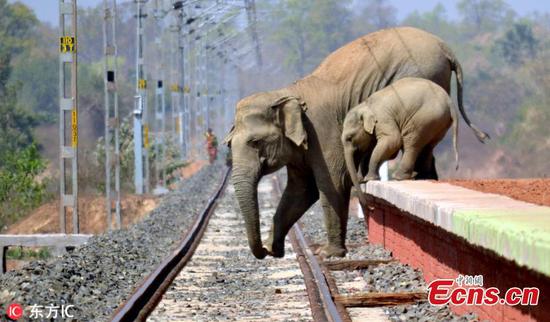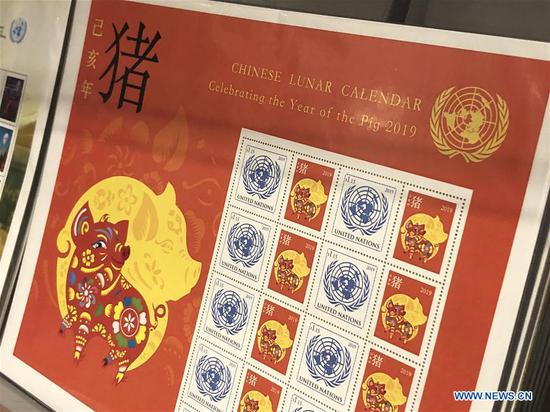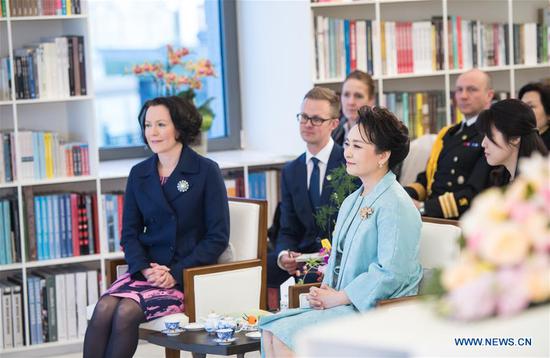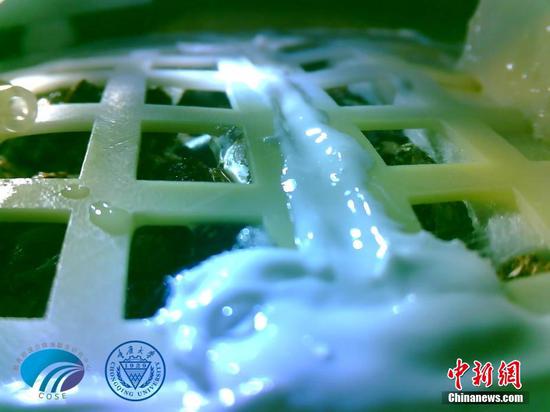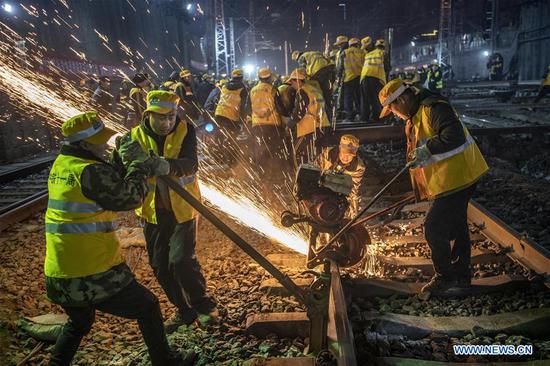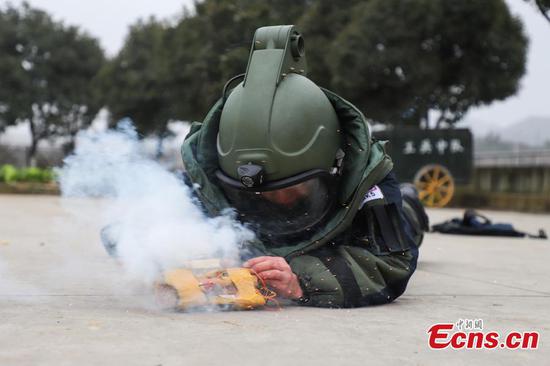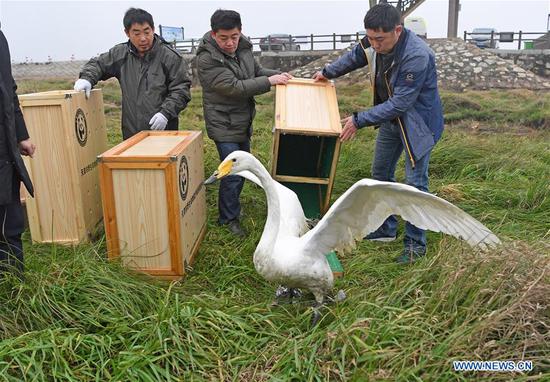Chinese foreign direct investment (FDI) in the United States plummeted more than 80 percent in 2018, and the downturn is expected to continue, given tighter U.S. regulatory screening and policy shifts in China, analysts have said.
After declining from a peak of $48 billion in 2016 to $31 billion in 2017, Chinese FDI in North America dropped to $8 billion in 2018, and total investment in Europe was also down, according to the latest analysis from law firm Baker McKenzie.
The U.S. was responsible for the majority of this, falling from a peak of $45.63 billion in 2016 and $29 billion in 2017 to just $5 billion in 2018, down 83 percent, said the report released on Monday.
"The FDI flows are declining for both Europe and America, and the decline is because Europe and America are getting more restrictive, particularly in technology areas, so that's having a negative effect," Yukon Huang, former World Bank China director, said on Tuesday.
Huang, a senior fellow at the Carnegie Endowment for International Peace, said the Committee on Foreign Investment in the United States (CFIUS), a federal panel that determines whether deals with foreign corporations raise antitrust or national security issues, is a particular cause of Chinese concern.
While a 2015 committee report to Congress ranked China tops in terms of CFIUS reviews — even though the country ranked 14th in FDI to the U.S. — Huang said the U.S. has tightened the review process which will subject more Chinese investments to review.
But technology investment represents a small share of China's investment in the U.S., according to "The Facts and China's Position on China-U.S. Trade Friction", a white paper released by China's Ministry of Commerce in September. From 2005 to 2017, of 232 direct investments from China, only 17 involved high-technology, while others were mainly in real estate, finance, and services, said the report, citing figures from the American Enterprise Institute.
"Historically, they have been welcoming, they want the jobs, they want Chinese companies to be moving to America," Huang told China Daily.
"But I think there's still a question of — under the political environment today — how willing are localities to encourage this, and I would say that generally speaking, probably, but nevertheless, if Washington is so hostile, then many Chinese companies will have reservations," Huang said.
He said year-to-year FDI flows can fluctuate widely, and he tends to look at changes over five- to 10-year periods. He said that China's outbound investment in property-related investments is also declining because firms and households are being discouraged from investing in property overseas.
China also has added restrictions to prevent irrational growth in outbound investment in recent months. No new projects were reported in sectors such as property development, sports, and entertainment in the first seven months of 2018, according to the Ministry of Commerce.
The Baker McKenzie report also said a divestiture spike in 2018 turned net FDI flows to the U.S. "negative".
A handful of prominent investors driving much of the 2015-16 FDI boom have begun selling holdings. The wave of divestitures is mostly hitting the U.S. and consists mainly of real estate, hospitality, and entertainment assets.
"Accounting for the completed divestitures, net Chinese FDI inflows to North America were negative to the tune of $5.5 billion in 2018," it said.
Huang said that foreign investment is shaped not only by strategic issues but also by commercial decisions.
"It should be, because households and firms, many of them are not interested in strategic issues, just trying to maximize their returns," he said.
Douglas H. Paal, vice-president of the Asia Program at the Carnegie Endowment for International Peace, said he believed China's currency outflow-control efforts had partly reduced the heavy flow of outbound investment.
"Moreover, the U.S. has strengthened its supervision of technology-related investments, reducing the willingness of Chinese investors to risk undergoing the review process," Paal said.













